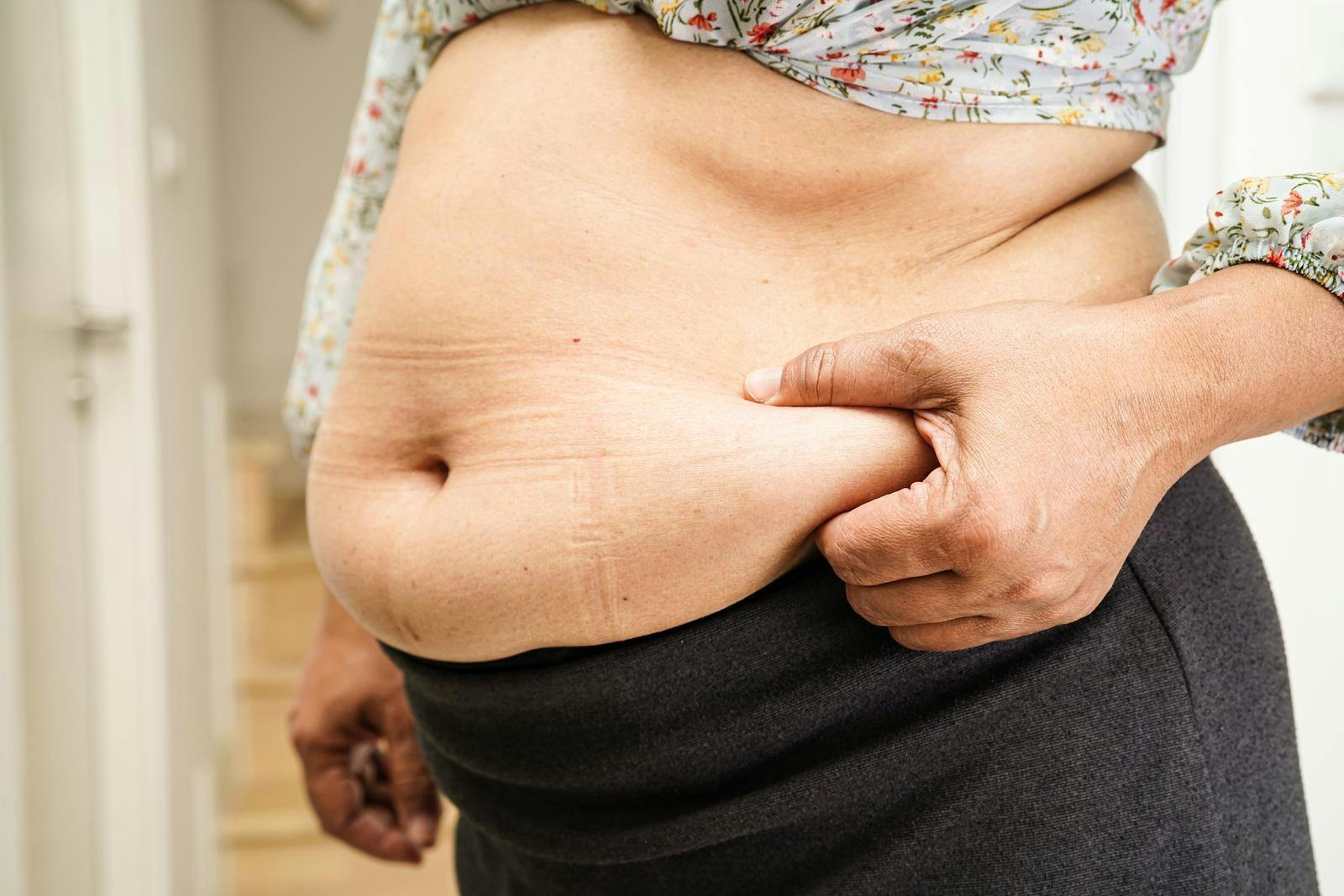Can I lose weight safely in just 2 weeks?
Losing weight in a short amount of time, such as 2 weeks, can be possible, but it is not recommended to lose weight too quickly. Rapid weight loss can cause you to lose muscle mass, which can lead to a slower metabolic rate. It’s best to aim for a slow and steady weight loss of around 0.5 to 1 kg per week.[1]
When learning how to lose weight quickly, some people resort to extreme diets or excessive exercise, which can be harmful to their health. Additionally, rapid weight loss is often not sustainable, and the lost weight is often regained once the individual returns to their previous eating habits.[2]
Instead of focusing solely on losing weight in a short period of time, it’s more important to adopt a healthy lifestyle that you can maintain in the long term. This involves making gradual and sustainable changes to your diet, such as reducing portion sizes and choosing nutrient-dense foods, as well as engaging in regular physical activity.[3]
There are also evidence-based treatments available, depending on your current needs and goals.
Remember that everyone’s body is different, and weight loss can occur at different rates for different people. It’s best to consult with a Moshy doctor to discuss any necessary weight loss plans so that they are tailored to your individual needs and goals.
You can begin your journey to sustainable weight loss by reaching out to us at Moshy through our online questionnaire. Simply follow the prompts, and once you’re done, wait patiently for your doctor to reach out about your recommendations.
Is it healthy to do a liquid diet to lose weight in 2 weeks?
You may have come across liquid diets when trying to learn how to lose weight in 2 weeks.
It is not healthy to follow a liquid diet plan for weight loss or for an extended period of time. You should only use these diets if your doctor deems you incapable of eating solid foods because of a medical condition, such as when recovering from pancreatitis, when you lose multiple teeth, after breaking mouth or jaw bones, and more.[4]
Additionally, liquid diets often lack essential nutrients,[5] such as vitamins and minerals, which can negatively impact your health and lead to nutrient deficiencies.[6]
It’s better to adopt a balanced and nutritious diet that includes a variety of healthy foods, such as fruits, vegetables, whole grains, lean proteins, and healthy fats. Additionally, it’s important to engage in regular physical activity to support weight loss and overall health.[7]
Adults should aim to be physically active on most, if not all, days of the week as part of a healthy exercise plan. This can include a combination of moderate and vigorous physical activity, such as basic cardio, golf, mowing the lawn, swimming, jogging, aerobics, fast cycling, soccer, or strength training.
The recommended weekly goal is 2.5 to 5 hours of moderate physical activity or 1.25 to 2.5 hours of vigorous physical activity.[8]
Once you get in touch with Moshy, your doctor may help you with your weight loss goal by recommending one of our personalised weight loss plans, if necessary. Our programs may include supplement shakes, weekly meal plan guides, unlimited consultations with your doctor, a comprehensive dashboard to track your progress, and access to a virtual supportive community.
One thing you can be certain of is that your doctor will only recommend what they think is in your best interest to help you achieve your weight loss goal.

What are the best supplements for losing weight in 2 weeks?
There is no one-size-fits-all answer to this question, as the best weight loss supplement depends on an individual’s unique needs, health status, and weight loss goal. However, there are some common ingredients in supplements that have been shown to support weight loss when combined with a healthy diet and regular exercise.[9]
- White kidney bean. White kidney beans interferes with the breakdown and intake of carbohydrates by blocking them like a barrier.
- Green tea extract. This supplement boosts your energy use and fat burning and hinders the formation and absorption of fat.
- Green coffee bean extract. This supplement inhibits the build up of fat and affects how the body processes sugar.
- Caffeine. Caffeine stimulates the central nervous system, promoting the burning of fat and increasing heat production in the body.
It’s important to note that taking supplements alone is not a substitute for a healthy diet and regular physical activity. Additionally, some supplements can interact with medications and have potential side effects, so it’s best to consult with your Moshy doctor before starting any new supplement regimen, especially if you want to know how to lose weight in two weeks.
For your convenience, any supplements or medications your Moshy doctor recommends you take for weight loss can arrive on your doorstep within four to seven working days of your payment, and refills can be sent over as needed.
You can achieve sustainable weight loss with support from Moshy doctors.
At Moshy, our doctors are dedicated to women’s health and have consulted thousands of Australian women. Tens of thousands of people have already put their healthcare needs in our hands, and we take pride in providing excellent service.
We are making weight loss solutions more accessible and normal than ever before. Get in touch with us today and connect with a doctor about how to lose weight in 2 weeks!
